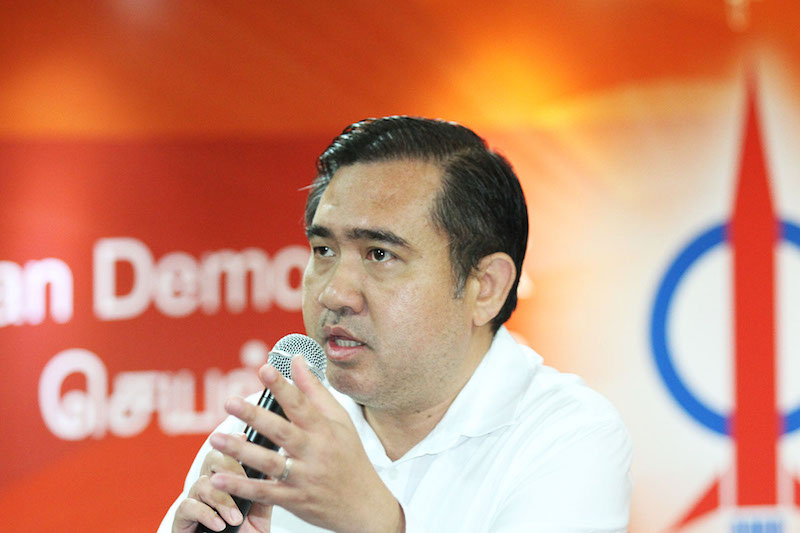KUALA LUMPUR, March 18 — DAP will need a more balanced approach to its leadership to remain relevant in Malaysian politics, said its national organising secretary Anthony Loke.
He said that after over half a century in the political landscape, the party trajectory should show Malaysians that DAP is rooted in collective leadership.
“Of course we have to be more inclusive as well. But there are those who constantly complain about Lim Guan Eng, for example, and his style which they regard as very aggressive,” Loke said during an interview on the Consider This programme on Astro Awani.
Speaking to hosts Melisa Idris and Sharaad Kuttan, the Seremban MP added that despite Lim’s perceived aggressiveness, he was still seen by the wider public as someone who delivers, as indicated by his three terms as Penang chief minister.
“But as I said, moving forward a more balanced approach is needed where there is a team of viable leaders instead of one or two strongmen. That of course was the party’s backbone in the 1970s and 1980s, where we had figures like Lim Kit Siang and Karpal Singh.
“That would be the image of DAP, but now we have a big pool of leaders whom we can project and develop in order to showcase to the people. The idea is to indicate that DAP is not just about one or two leaders, but a group of young, energetic and visionary Malaysian leaders,” he said.
When asked if DAP, during its time in the Pakatan Harapan government, had been overly-friendly to big business, he said this was not true.
“When we talk about social democracy it does not mean we are against the market economy, as we are aware of the need for the private sector to drive our economy.
“But in terms of social policies and social protections, and in terms of our solidarity with the people, I believe the Penang government has shown that we are very much upholding our own ideology,” he said.
Loke said DAP’s leadership has remained steadfast in cleaving to that guiding principle of social democracy, even with MPs or elected representatives taking more populist positions when it comes to shaping its debates and policies.



















